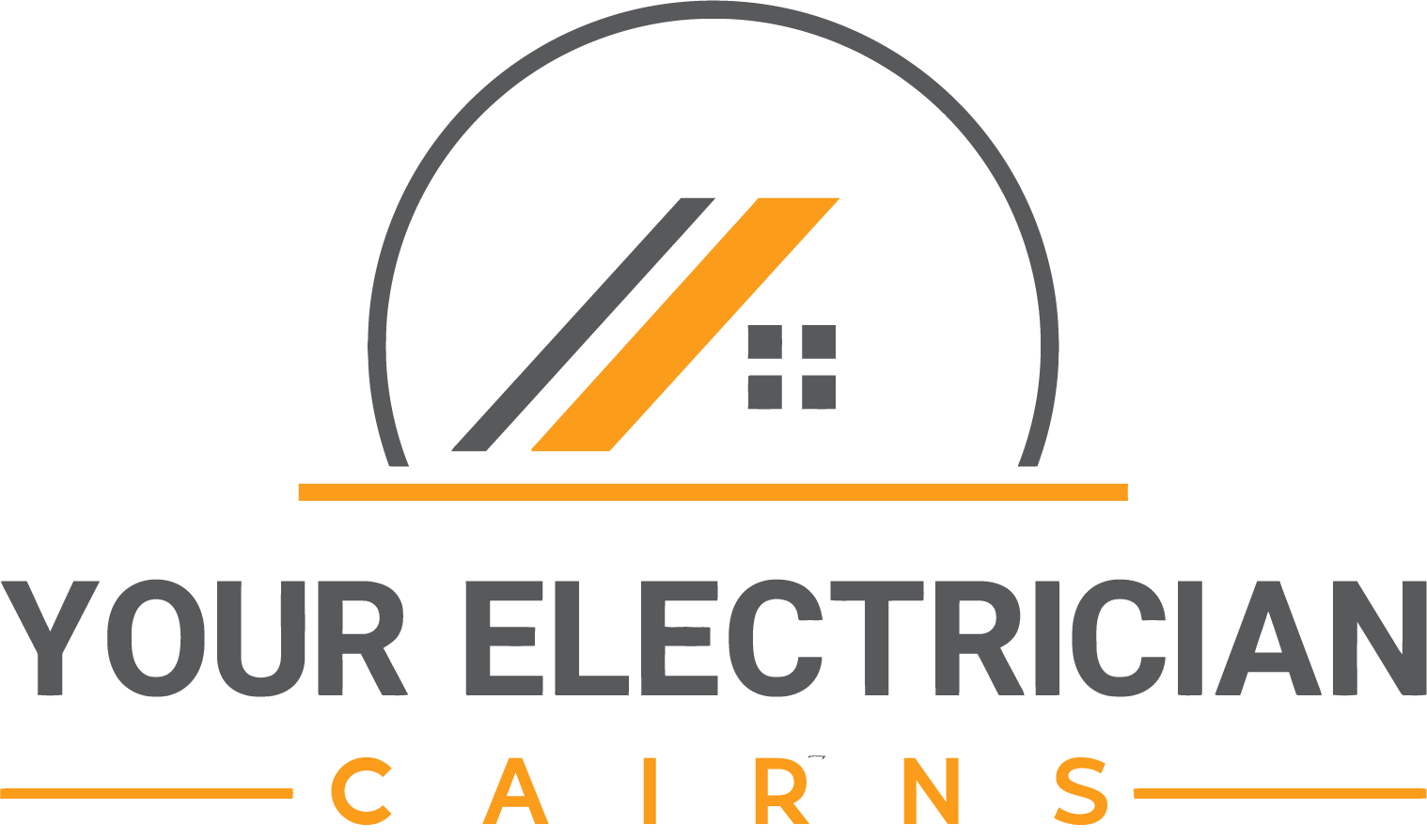Yes, you need a Certificate of Electrical Safety (COES) for any electrical work. This document is proof that the completed work has been done safely and in compliance with industry standards.
When you hire an electrical service provider, it’s important to make sure that they can provide such a certificate once they have finished the job.
In this post, we’ll talk more about the Certificate of Electrical Safety, what you should expect from it, the type of certificate to get, and what happens if you don’t get one.
What is a Certificate of Electrical Safety?
A Certificate of Electrical Safety is a document confirming that electrical work has been completed in accordance with the relevant safety standards and regulations. It serves as proof that the work has been inspected and approved by a qualified electrician.
This certificate is essential for various electrical installations and repairs, ensuring the safety and compliance of the work undertaken. Whether it’s a simple wiring job or complex installations involving 3-phase power, the certificate provides peace of mind that the electrical work meets the required safety criteria. In many cases, obtaining this certification after any electrical work is legally required to guarantee that the installations are safe and reliable.
The importance of this certificate extends beyond initial installation or repair. It’s a crucial document when selling or renting a property, as it assures potential buyers or tenants that the electrical systems are up to standard. It also helps identify and rectify potential electrical hazards before they pose a significant risk.

What Can I Expect from a Certificate of Electrical Safety?
You can expect a Certificate of Electrical Safety to be a formal document providing official evidence that electrical work has been conducted according to national safety standards and regulations. It’s an essential piece of paperwork, assuring that the electrical work, whether installation, maintenance, or repair, complies with the required safety codes.
This certificate typically outlines the specifics of the work completed, including details of the electrician who performed the work. It serves as a record that the electrical job, be it wiring, installing fixtures, or addressing issues like daisy-chained electrical cords, has been executed safely and professionally. The certificate is a crucial document for both the property owner and the electrician, as it verifies the safety and compliance of the work.
In practical terms, the Certificate of Electrical Safety is indispensable for home and business owners. It provides reassurance that the electrical systems meet safety standards, reducing the risk of electrical faults and hazards.
What Type of Electrical Safety Certificate Will I Need?
You will need a type of electrical safety certificate that corresponds to the specific nature of your electrical work. The type of certificate required depends on whether the work involves new installations, alterations, repairs, or maintenance of existing electrical systems.
A certificate confirming compliance with the latest wiring rules and safety standards is necessary for new electrical installations or major alterations. This certifies that the installation has been carried out correctly and is safe to use.

What Happens If I Don’t Get a Certificate of Electrical Safety?
You can expect to encounter several issues if you don’t obtain a Certificate of Electrical Safety for electrical work on your property. These can include the following:
- Increased Safety Risks: Without a certificate, there’s no formal proof that the electrical work adheres to safety standards. This can lead to a higher likelihood of electrical hazards like fires or electric shocks, which could cause injury or property damage.
- Legal and Insurance Complications: In the event of an electrical incident, lacking a Certificate of Electrical Safety could invalidate your home insurance. This would mean any costs due to damage or liability would be your responsibility, as the insurance company might not cover them.
- Impact on Property Transactions: Prospective buyers or tenants often require assurance of compliant electrical work. Without a certificate, your property’s value could decrease, or you could face delays in the transaction process.
